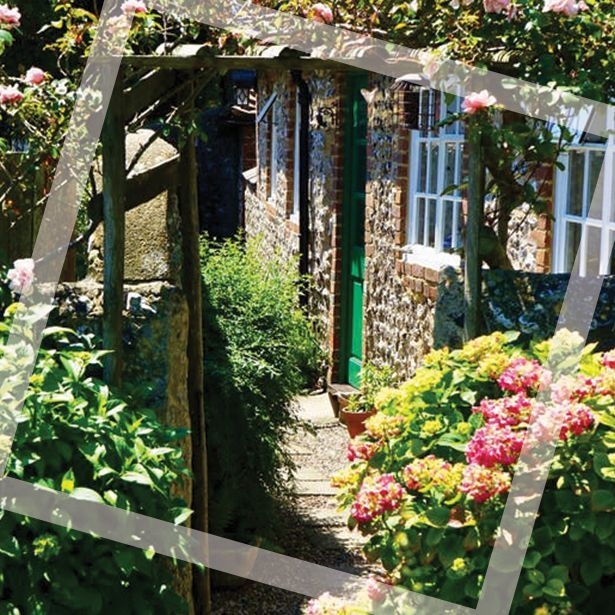Once the first official frost is no longer a threat, don’t you just want to run out into your yard and start spring landscaping? All winter long the excuse of it being too cold, or everything is covered with snow is no longer an issue. Now that spring is here, gardening, landscaping and increasing your curb appeal is on most people’s minds. Depending on your geographic location and what type of soil and plants are native to your region will steer you in the right direction for your home. Here are 10 tips to also help you prepare your outdoor home for gorgeous landscaping.
1.) Know your climate: Before you get too excited in the garden area or nursery of your local home improvement store, know the climate for your home. This includes your geographic location on the Earth, as well as the climate of your yard. Choose plants appropriate for how much sun, and shade different parts of your lawn receive during the day.
2.) Do your research beforehand: Similarly to a do it yourself project, plan out your strategy for your landscaping in advance. Are you going to break it up in phases, or are you going to hire a landscape professional to help you plan? Ask for guidance from your local nursery or neighbors who have beautiful landscaping! They can probably give you as good of advice as a professional.
3.) Know what local ‘pests’ are in your neighborhood: While you may think that all of you have to plan for is sun and water for your landscaping, think again – pests such as wildlife, insects, and stray animals can wreak havoc on your landscaping. Plan in advance if you will need fencing, wire mesh, or possibly planting natural plantings can deter and ward off many local pests.
4.) Plant landscaping at the suggested time of year: While you may be excited to plant your fruit trees and flowering shrubs, many plants will thrive better for years to come if you plant them at the suggested times of year that horticulturists and gardeners suggest. Look at gardening websites and ask at your nursery what times are best for the plantings you choose for your outdoor home.
5.) Plan for growth: When choosing landscaping and sizes of plants, estimate how large the plants will grow in 6 weeks, 6 months, etc… If you plant too many small shrubs in front of your living room window, and then find out they are actually small trees, you may have to dig them up soon! Most plants will have height and growth requirements on the pots when purchased from your nursery. Pay attention to these, before you plant.
6.) Get inspired: For some, inspiration comes from looking at neighboring yards, or traveling to other areas of your town to look at landscaping. While others seek inspiration from home and garden publications and satellite television do-it-yourself programs. Often times a stroll through your local home improvement gardening center is all the inspiration to get you motivated.
7.) Map at the area: Once you know what type of plants you’d like at your home, map out, or stake out the area in which your plants will be planted. Estimate enough room for pedestrians walking around, as well as growth and future maintenance of your landscaping. Ensure walkways will have safe areas for footing, and tall plants will not obstruct view lines from inside your home.
8.) Plan for maintenance: Unlike a paint color in your home, once it’s up you’re done, landscaping requires maintenance and care. From pulling weeds, watering and pruning, to occasional replacement of dead plants, etc… Once again, plan what plants will suit your maintenance schedule. Consider hiring a professional gardener or lawn service to take care of your yard if necessary.
9.) Low and high maintenance plants: The beauty of landscaping and gardening is there are plants for every lifestyle, as well as every taste! If your home has a rustic or desert aesthetic, ornamental grasses that grow wild may be more suitable for your home. While if you live in a tropical region, flowering plants and shrubs may be more suitable. Check with a professional to see which ones suit you and your home.
10.) Contrast with your exterior home: Your landscaping should be an enhancement of your exterior home. Choose plants that compliment or contrast the colors in your home as well as the architectural time period of your home. A modern and minimalist home may enjoy a modern Zen-inspired landscape, while a Victorian home may have quaint gardens and flowering areas that are typical for the Victorian era. Plan your outdoor landscaping to be in harmony with your exteriors.
Landscaping your outdoor home is one of the joys of springtime, which many people look forward to. Use the 10 tips to help you plan out your yard, and your expectations before you start. You will be surprised how much you enjoy your landscaping once you have planned it in advance. Go ahead, get going, before you know it, summer will be here!

